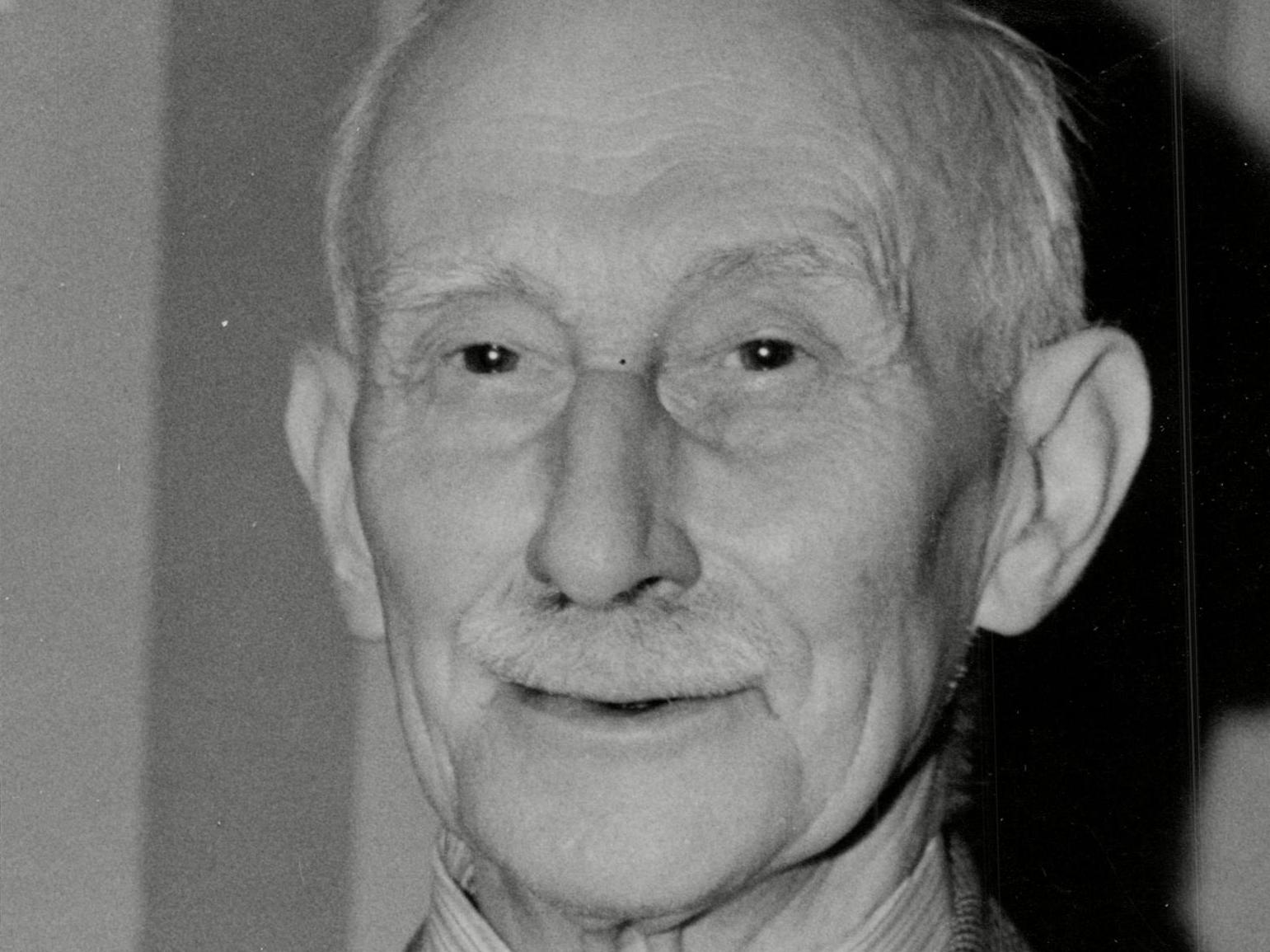Hubert Cecil Booth: British engineer revolutionised cleaning by sucking up dust with his mouth
Inventor of vacuum cleaner tested theory behind his idea by placing handkerchief over his mouth in a restaurant
British engineer Hubert Cecil Booth helped to revolutionise the way we clean our homes.
Celebrated in a Google Doodle on the 147th anniversary of his birth, Booth was the first to conceive a device that sucked up dirt instead of blowing it away.
A horse-drawn, petrol-powered machine too large to be used in buildings, his “Puffy Billy” looked little like the technology used on carpets in every household today.
But the way it operated was essentially the same as a modern vacuum cleaner.
Booth’s inspiration was an American inventor who demonstrated a device blowing dust off chairs at a theatre in London in 1901.
Booth later said he realised “if the system could be reversed, and a filter inserted between the suction apparatus and the outside air, whereby the dust would be retained in a receptacle, the real solution of the hygienic removal of dust would be obtained”.
He tested his theory in a restaurant by putting a handkerchief over his mouth and seeing how much dust he could suck up.
He found the technique worked - although what Booth's dining companions thought of his behaviour is less clear - and the Puffing Billy was soon born.

Powered by an internal combustion engine, it used piston pumps and a cloth to draw air through flexible pipes fed through a building’s windows.
An electric-powered device soon followed, which Booth used to offer cleaning services to businesses through his British Vacuum Cleaner Company.
Despite drawing noise complaints, the machines received royal seal of approval and were enlisted to clean the carpets of Westminster Abbey before Edward VII’s coronation.
They were also used to clean naval barracks, as well as factories, theatres and shops.
The vacuum even led to Booth's arrest after one of his inventions inadvertently sucked up silver dust from coins at the Royal Mint. However, he was soon released.
Booth later turned his focus to the domestic market after founding Goblin, a company which manufactured his vacuum cleaners for sale.
However, it was William Henry Hoover's rival firm which would come to dominate that market and become synonymous with the modern-day vacuum.
Join our commenting forum
Join thought-provoking conversations, follow other Independent readers and see their replies
Comments
Bookmark popover
Removed from bookmarks